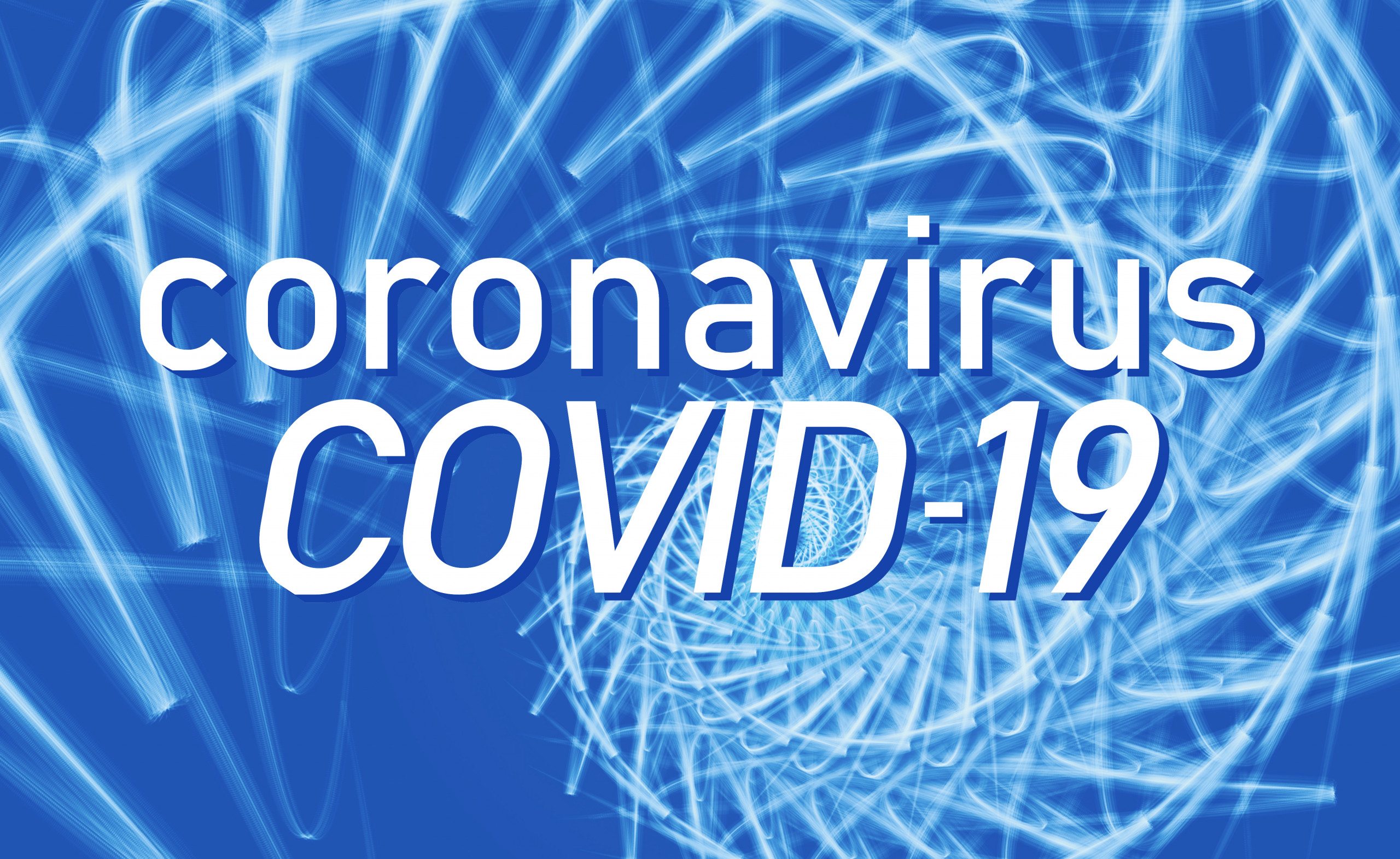In addition to my previous post:
These precautions have nothing to do with fear. They are practical measures to handle a potential harmful situation, like driving slowly when the road is slippery. Not handling it well would be reason for fear – but fear is a psychological reaction consisting of thoughts and feelings that basically are never “real”.
Taking these precautions comes from caring for, and compassion with the body and the bodies of others in our surrounding, and basically compassion with the world and respect for the forces of nature.
Almost all of these measures can be reduced to: “coming back to a more natural lifestyle”. In the early days of homo sapiens, threats like this virus would not stand a chance. A virus like this would exist and occasionally make some isolated victims, and extinguish again naturally soon. But only because we are with so many, cramped together in cities, offices, hotels, restaurants, musea, airplanes, trains, groups, etc. this virus – which is a normal force of nature – becomes our “problem”. But not the virus is the problem, our unnatural lifestyle is.
So in dealing with this virus, nature teaches us, by showing the extent to which our lives have become unnatural. And it can point us to ways of trailing back our steps to a more simple, compassionate, caring and contemplative lifestyle. It is also fascinating to see, how all kinds of behavior that were deemed to be “necessary” turn out to be not. And the positive effects this has on nature. For instance because there is less traffic, less industrial activity in certain regions of the world, air pollution and CO2-emissions suddenly have almost disappeared there.
As I am writing this, within a radius of 500 km (300 miles) of our home, tens of thousands of people have been home-quarantined, hundreds of schools and even some hospitals are closed temporarily. One of the most affected regions of Germany is only 20 miles away. Families that are being put in home-quarantine together for several weeks because one of the members have possibly been in contact with the virus, have to work out a different lifestyle, that will bring them more together and causes a lot of creativity to blossom. People start to work from home via internet, children are taught at home etc.
Suddenly, old habits that seemed to be carved in stone, turn out to be adaptable after all – or even unnecessary. We cannot even imagine all the new and good things that can arise from this. The virus does not respect our unnatural country-borders, which means that governments all over the world have to cooperate closely to develop a global and consistent approach. Suddenly it turns out, that we are all the same on a basic natural level after all, despite our self-imagined differences in language, politics or race. We are equally vulnerable and equally strong.
But most of all I would like to point to some basic attitudes that we can practice now and should apply always:
– Trust; not in some specific outcome, but trust in general that whatever happens, is supposed to happen and will turn out the right way – but we don’t know what the right way is.
– Surrender. Which is closely related to the previous practice. We are not in control of anything, we only think that we can influence the grand scheme, but that is an illusion. Nature happens to us and we are also nature happening itself. Surrender gives relaxation, prevents and dissolves stress (without stress our immune-system optimizes itself) and causes innate happiness to arise. Without stress, we sleep well and conserve and replete our energy.
These attitudes do not contradict the previous advice about taking precautions. They all go together very well. And together they will make us peaceful and strong at the same time.
Stay well!

